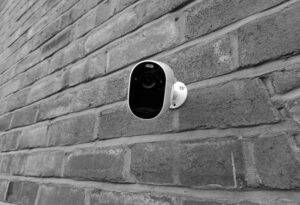DNS, or Domain Name System, is a crucial component of the internet that translates user-friendly domain names into numerical IP addresses. This translation allows computers to locate and connect to the correct servers when accessing websites. Acting  like a phone book for the internet, DNS servers play a key role in making the web more accessible by mapping domain names to IP addresses.
like a phone book for the internet, DNS servers play a key role in making the web more accessible by mapping domain names to IP addresses.
Importantly, DNS servers typically do not store user preferences or browsing history. Their primary function is to facilitate the translation of domain names into IP addresses, avoiding the need for users to remember numerical sequences. While some DNS servers may keep logs of queries for maintenance purposes, these logs generally don’t contain details about a user’s internet activities.
It’s worth noting that tracking and storing user data are typically carried out by other technologies like web servers, cookies, and browser extensions, not by DNS servers. Internet service providers (ISPs) often run their own DNS servers, giving them access to DNS records and files related to their customers. However, they don’t have access to DNS records on servers operated by other entities.
To protect DNS information, users can consider the following measures:
- Encrypt and redirect DNS queries through a secure server to prevent logging or tracking by ISPs and third parties.
- Employ a protocol that encrypts DNS queries and sends them over an HTTPS connection, making tracking more difficult.
- Encrypt all internet traffic, including DNS queries, and route it through a secure server to enhance online privacy.
- Specify a private DNS server in your device settings, providing an alternative to your ISP’s DNS server.
While these options can enhance DNS protection, it’s essential to research and choose trusted service providers, as each method has its limitations. Additionally, changing the DNS server on a device is device-specific; for network-wide changes, adjustments to the router or network gateway are necessary. Using multiple protective measures, such as a VPN or DNS proxy, can offer comprehensive security for DNS information.
